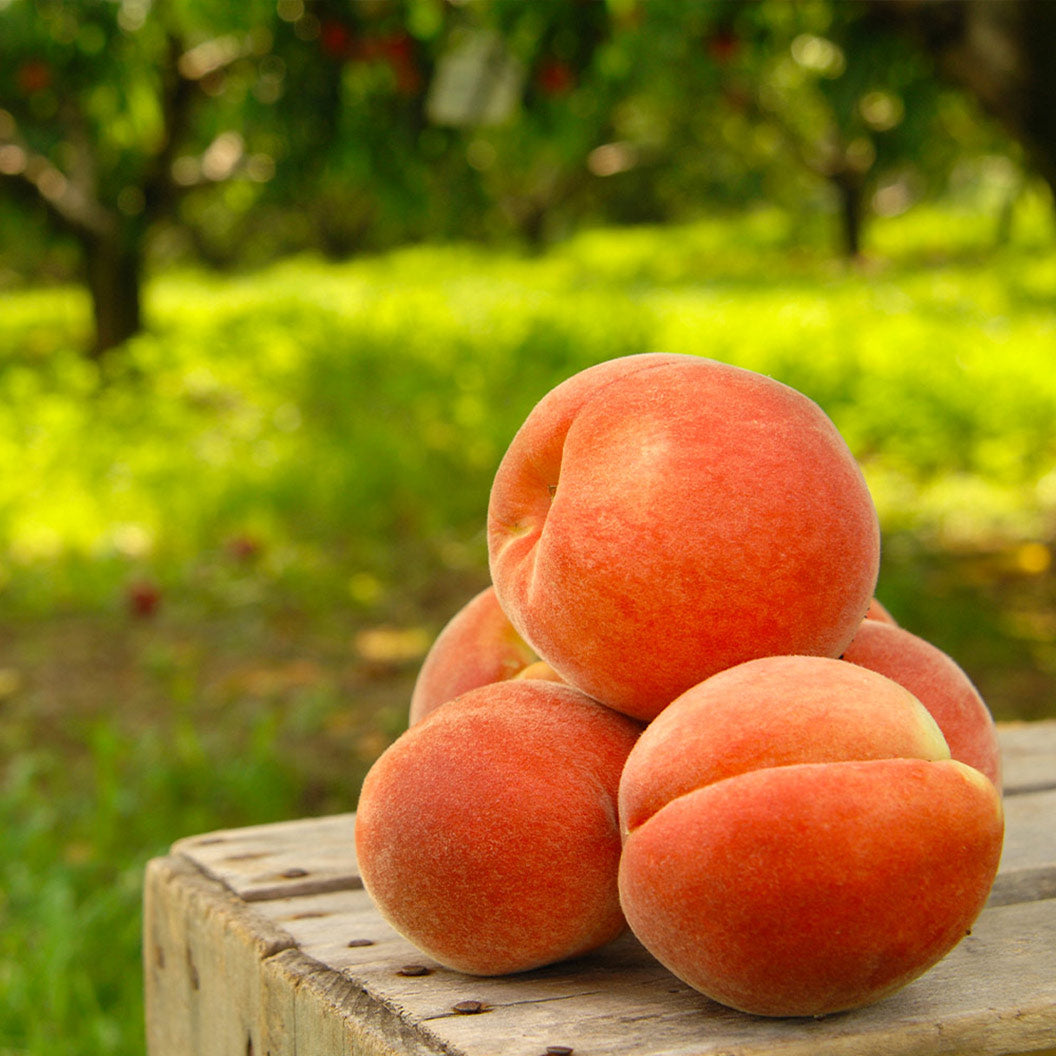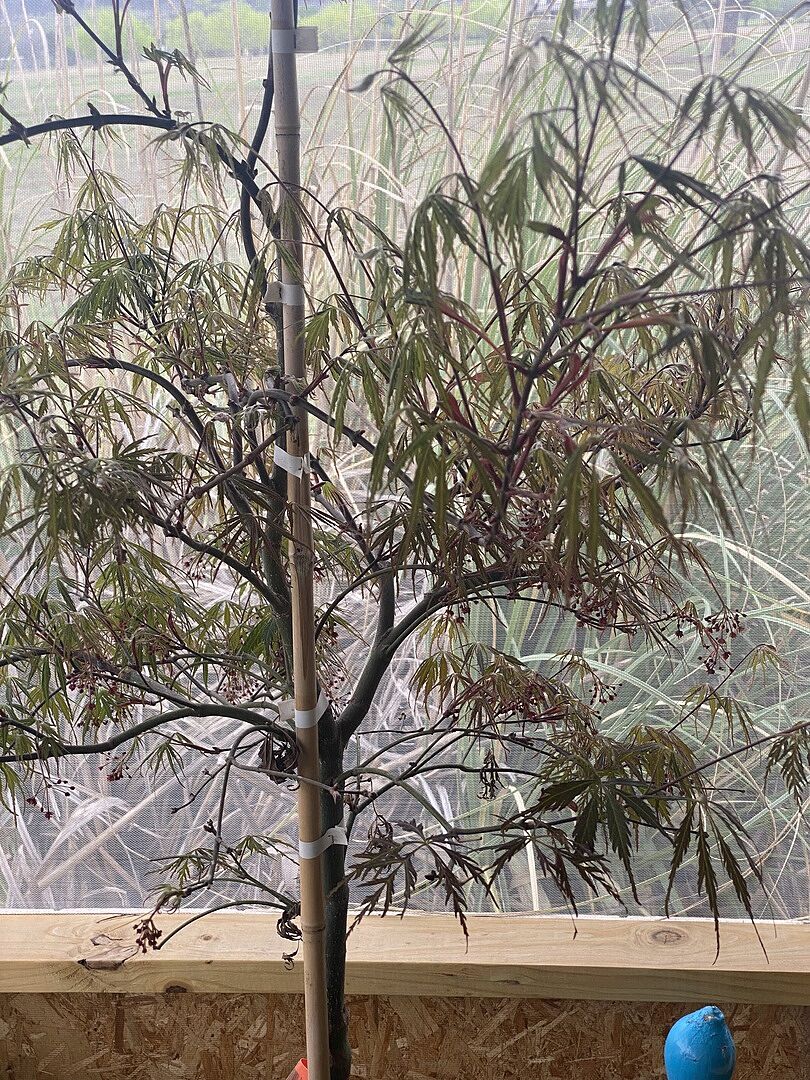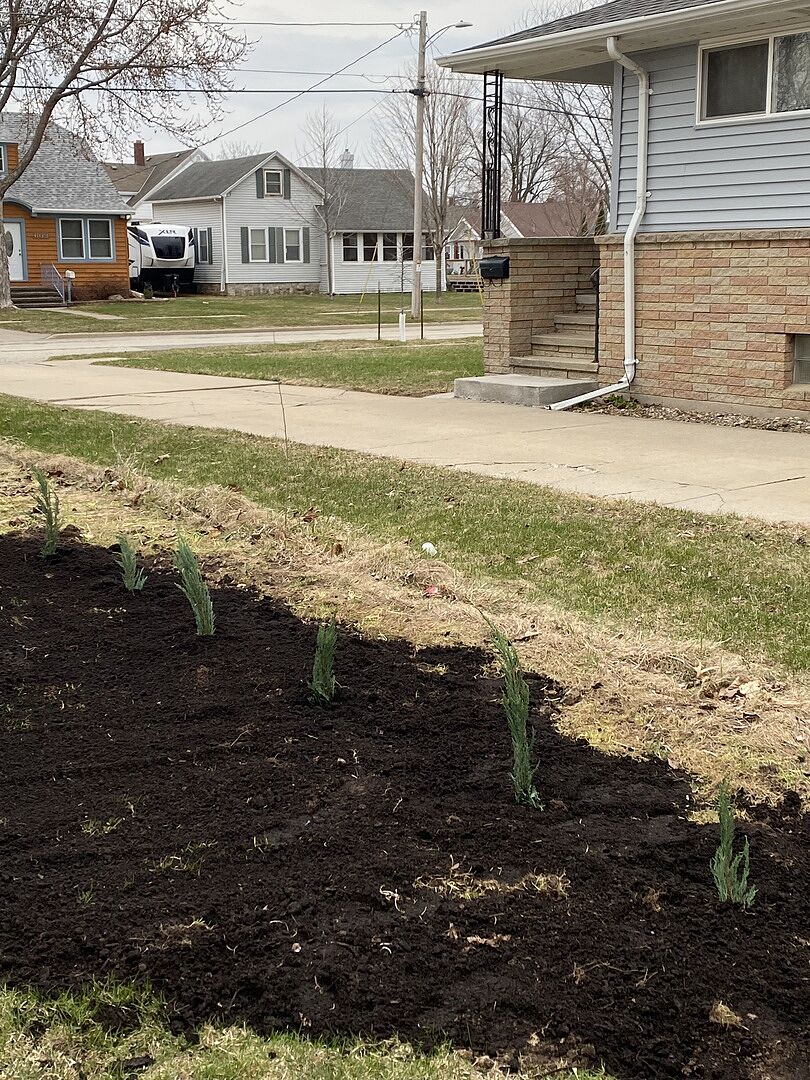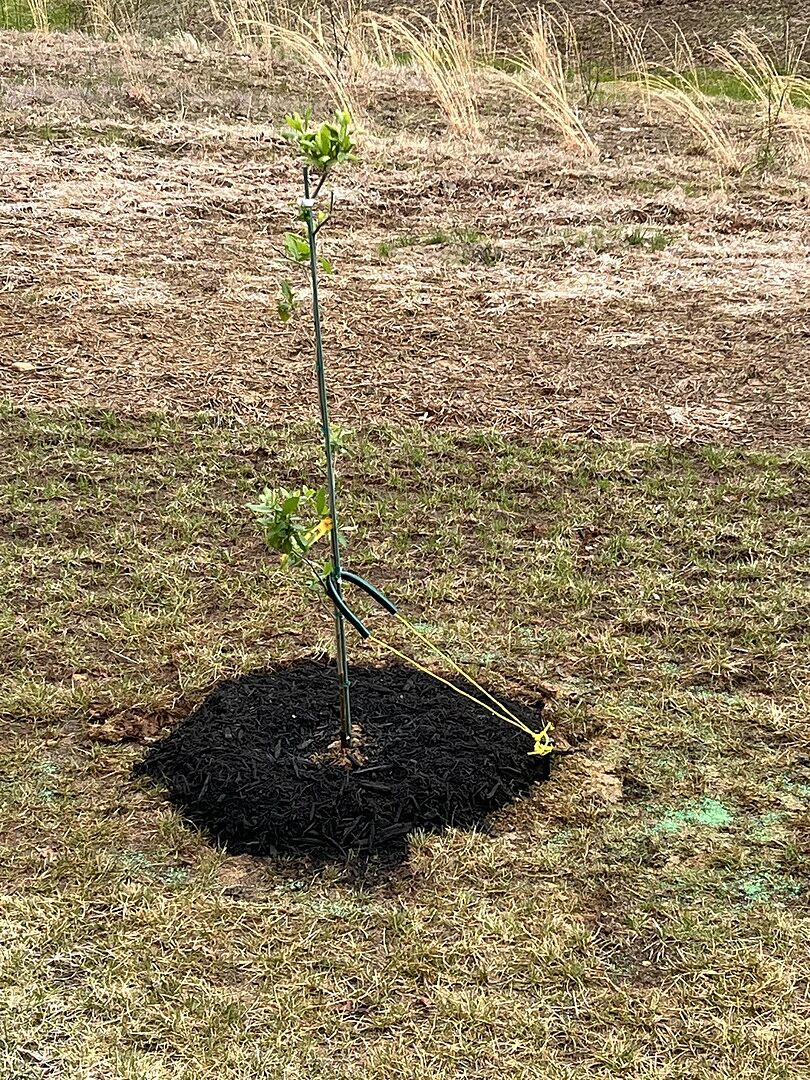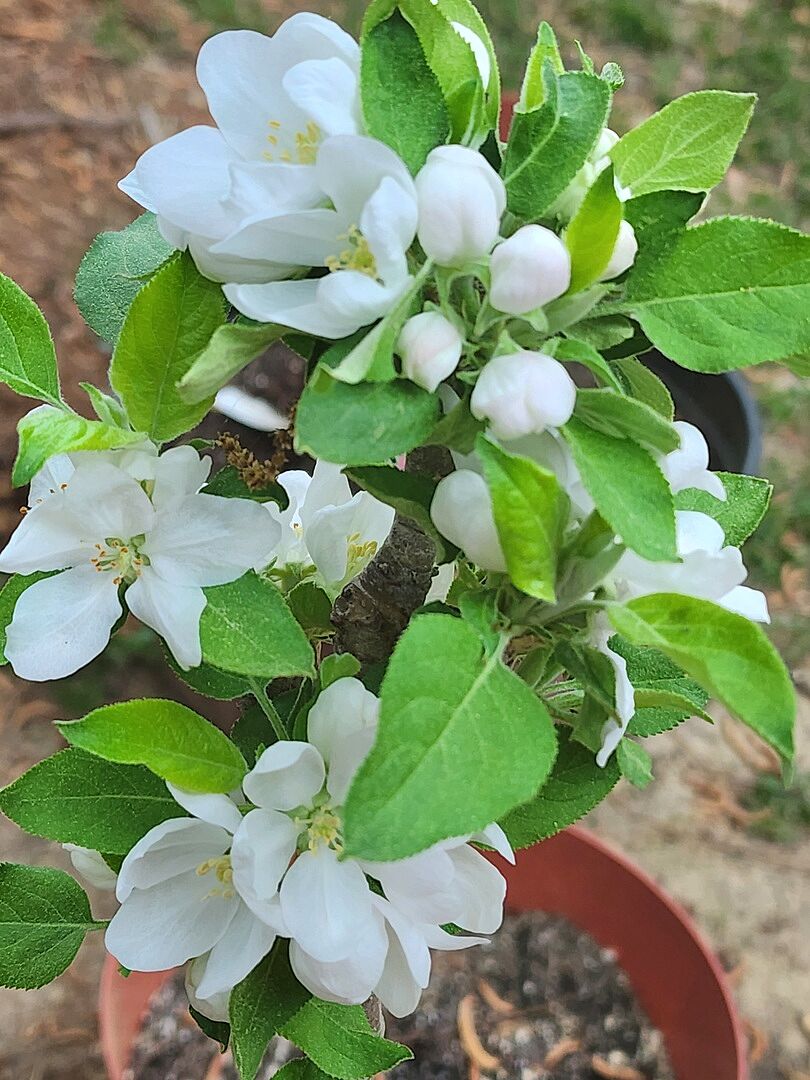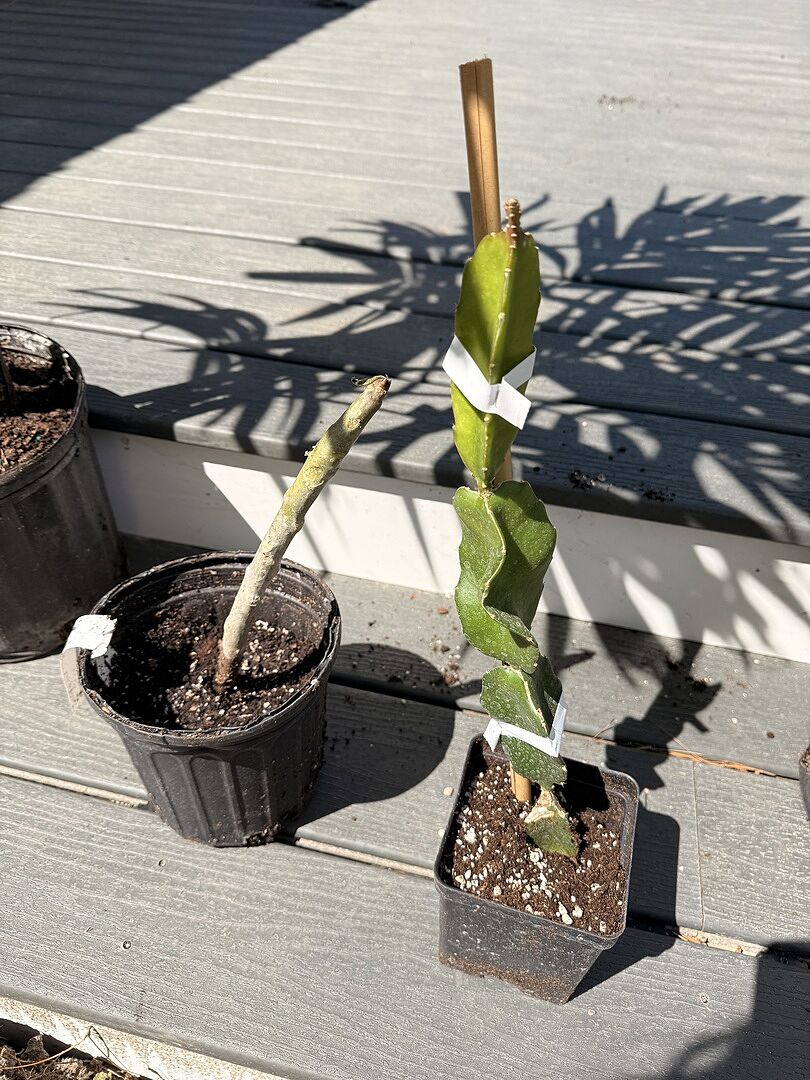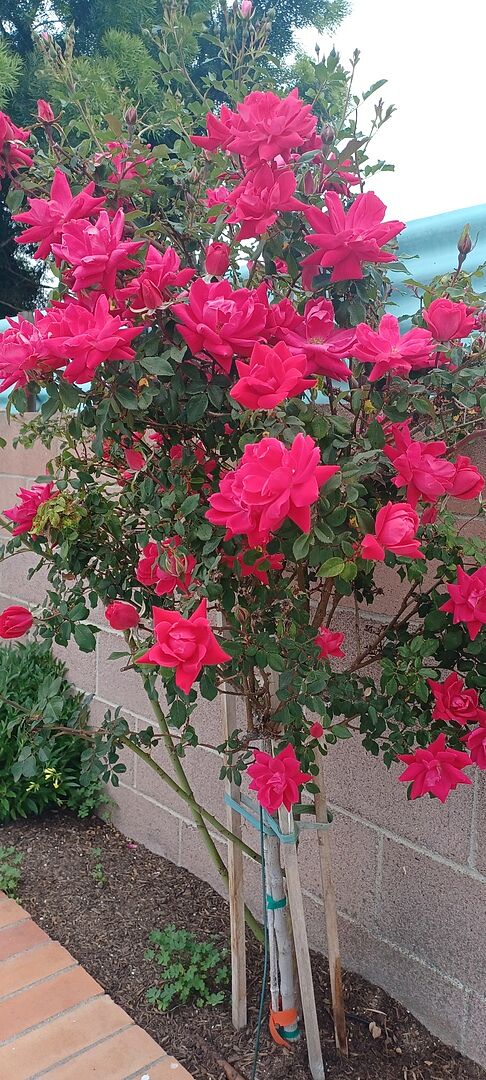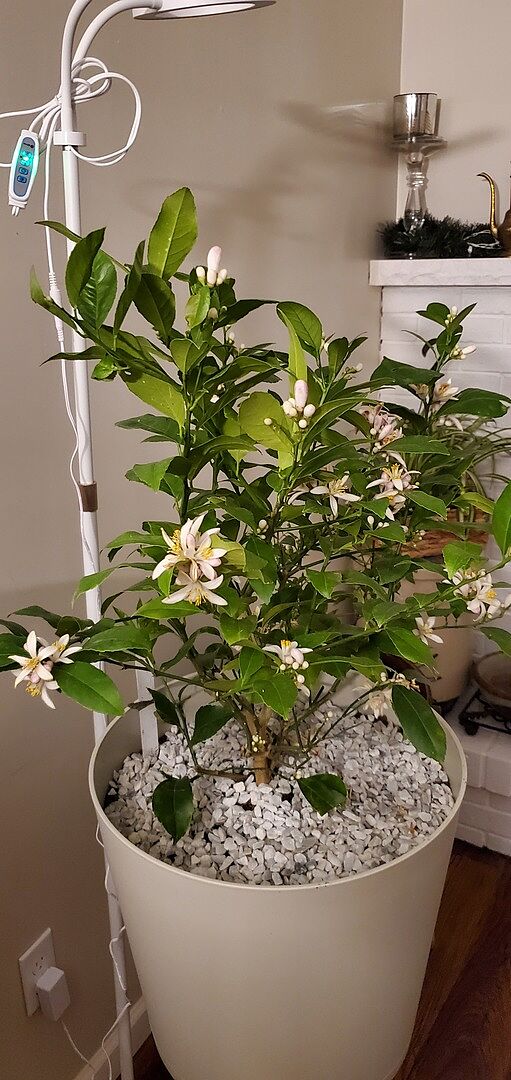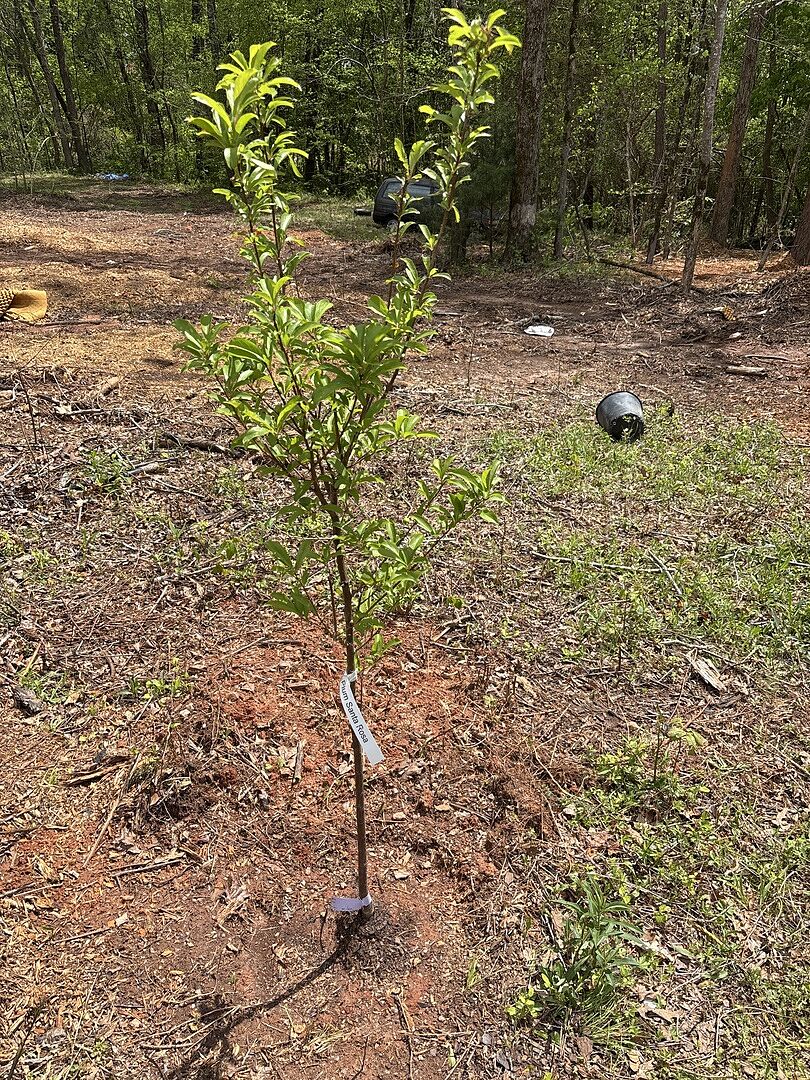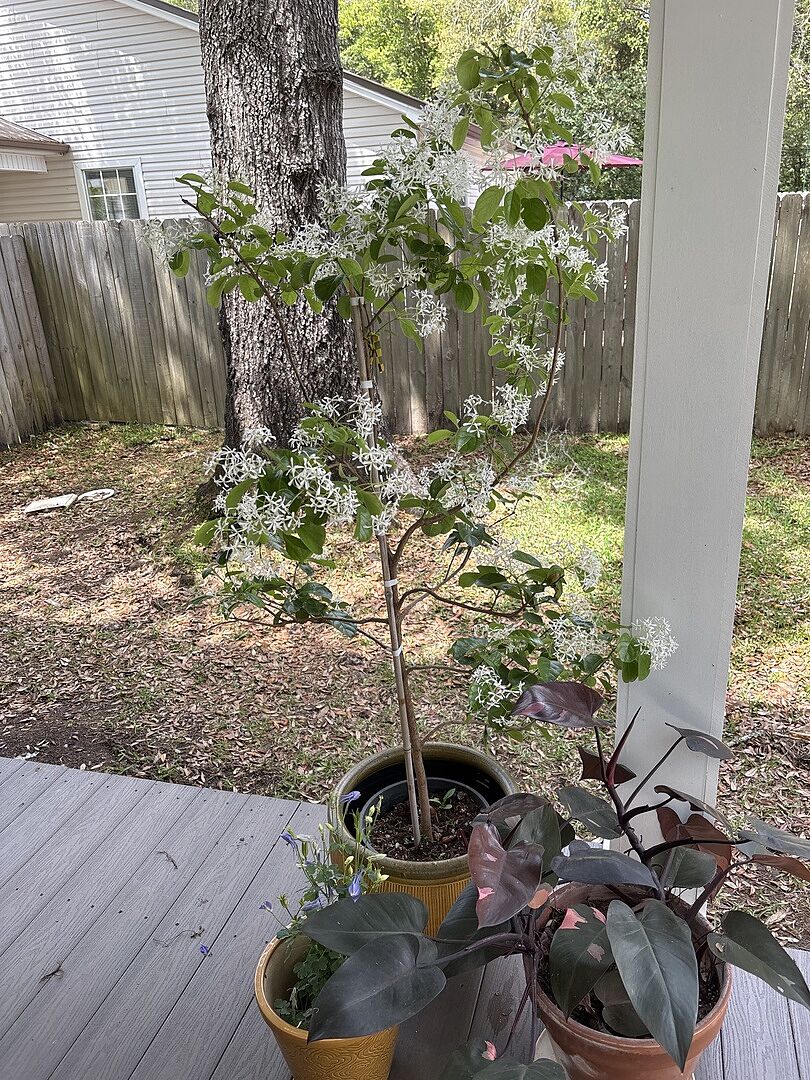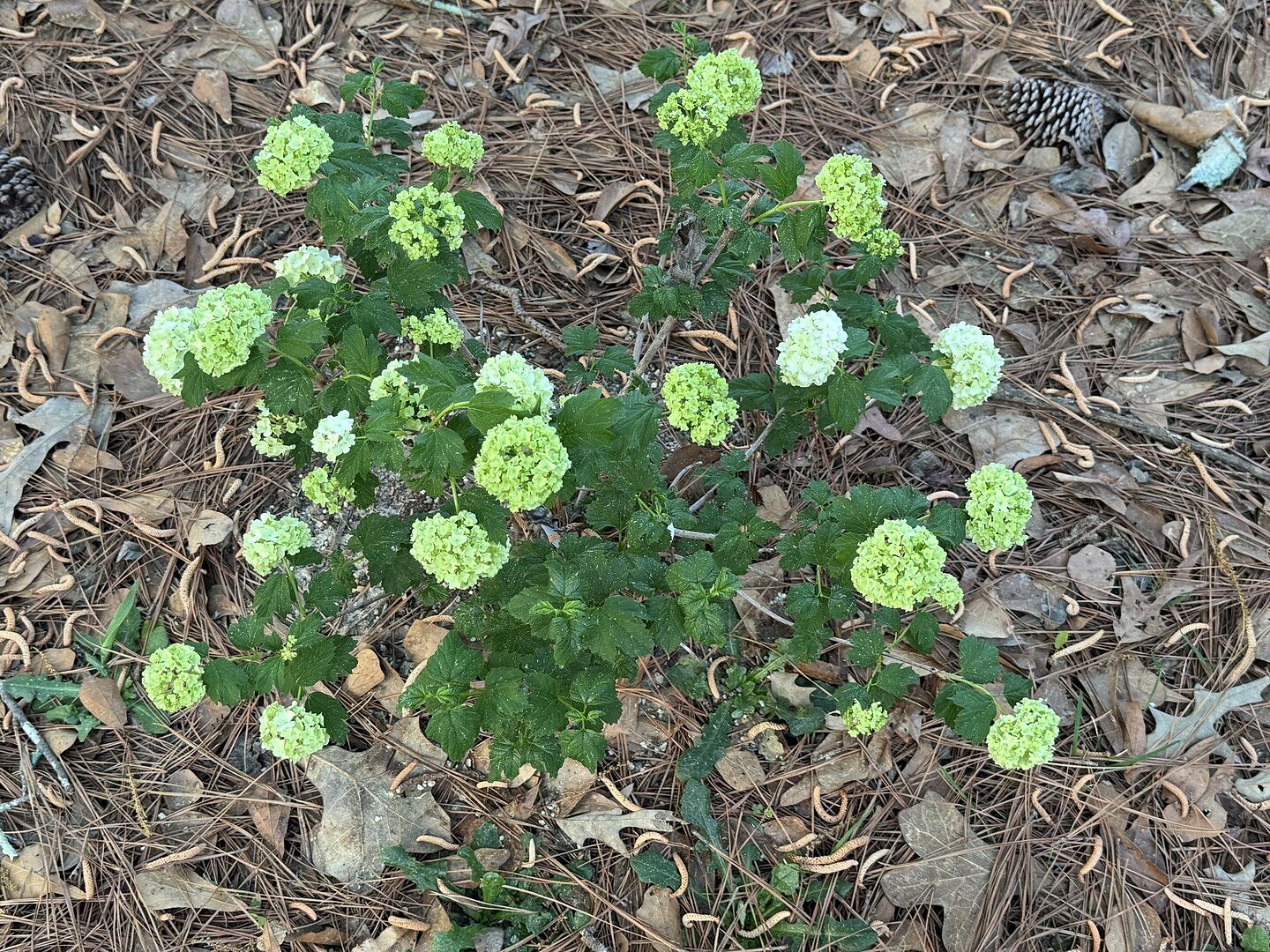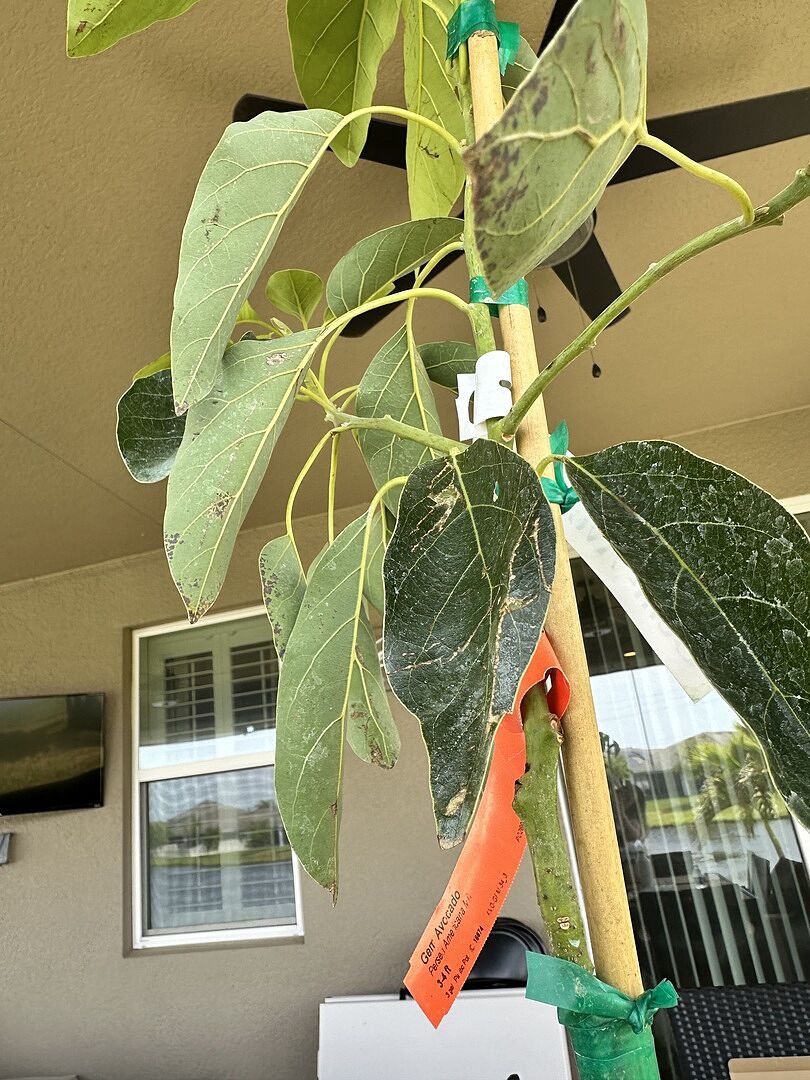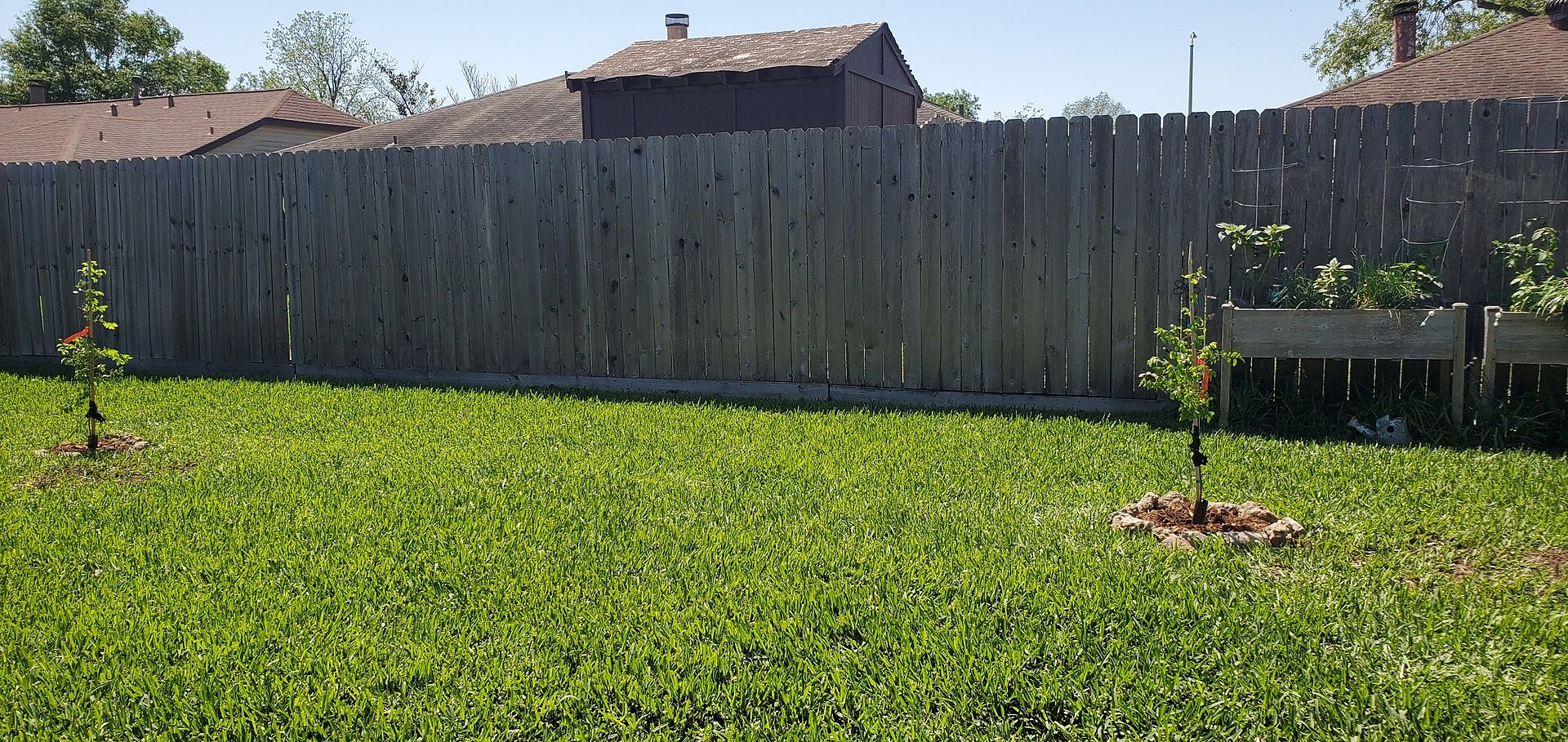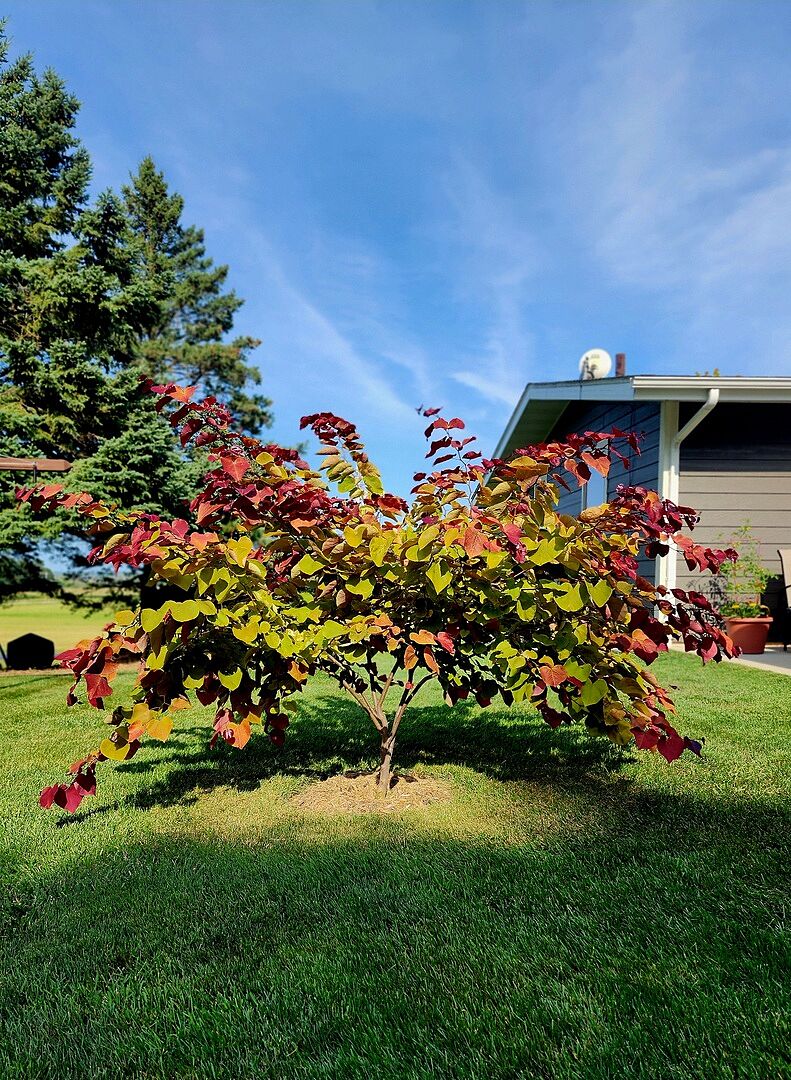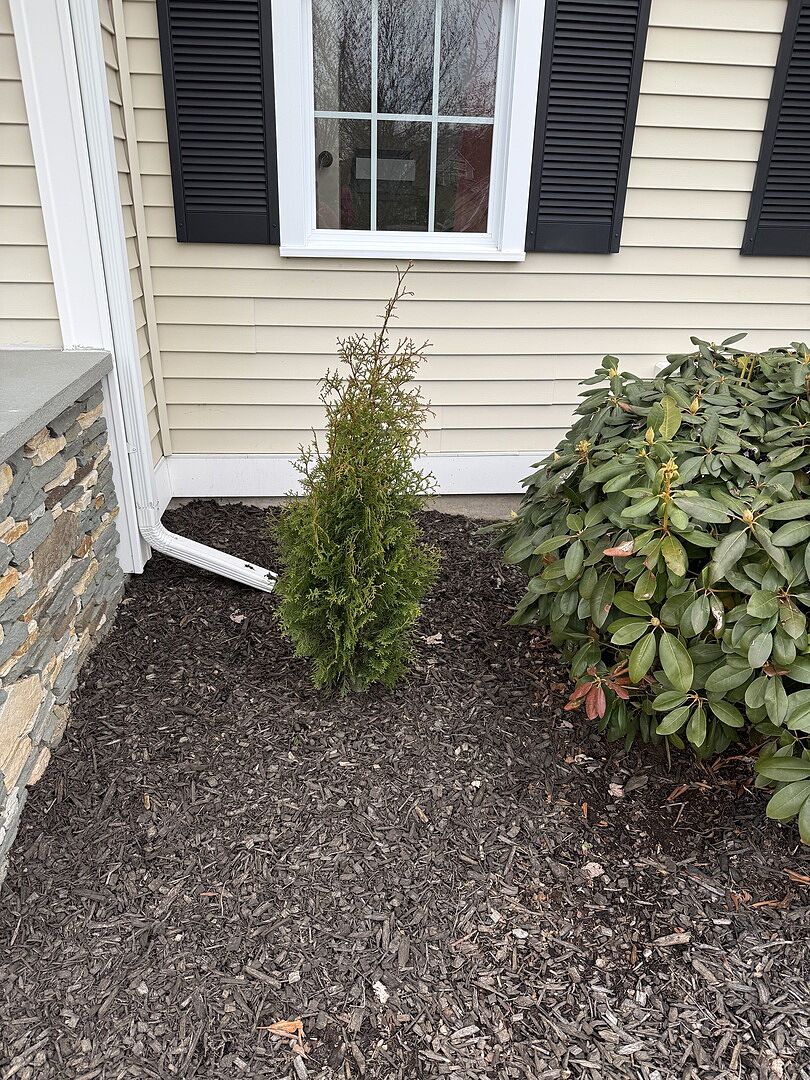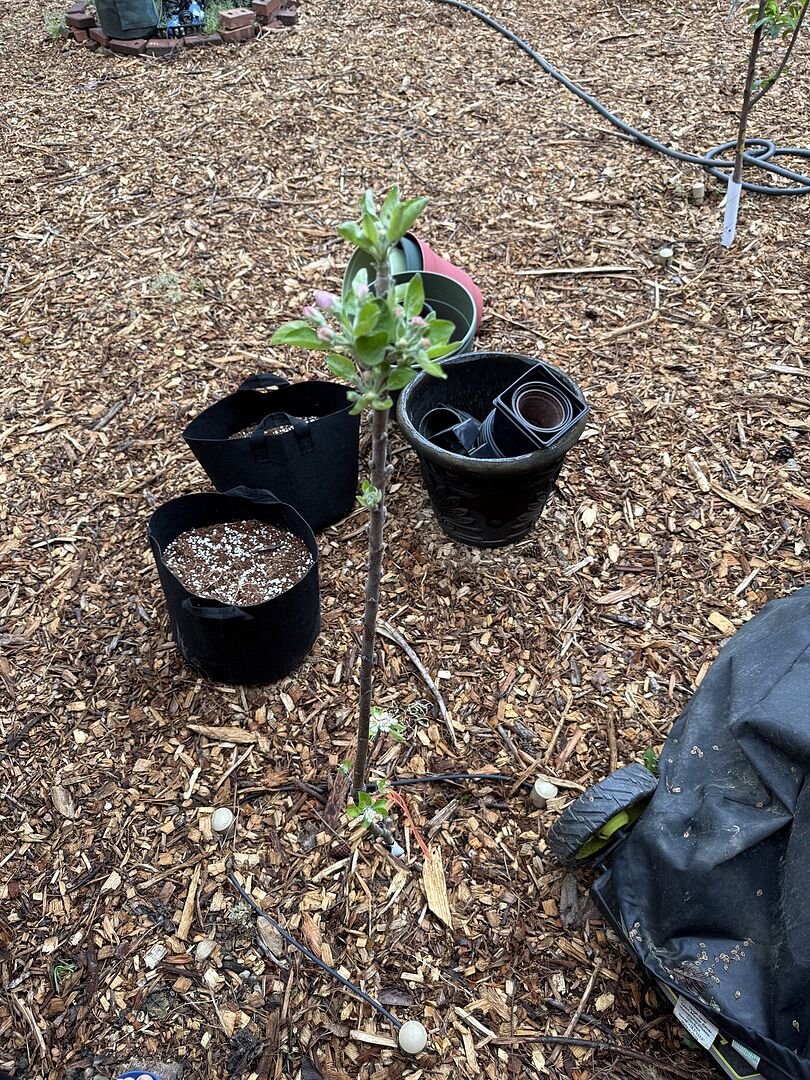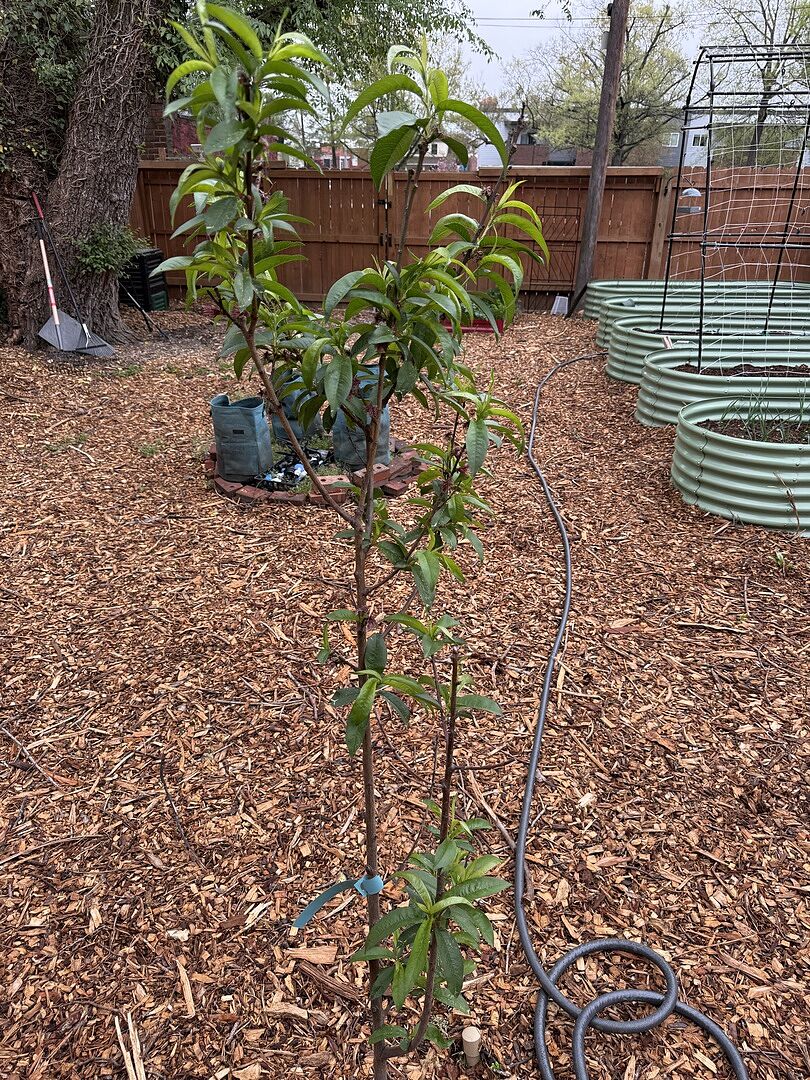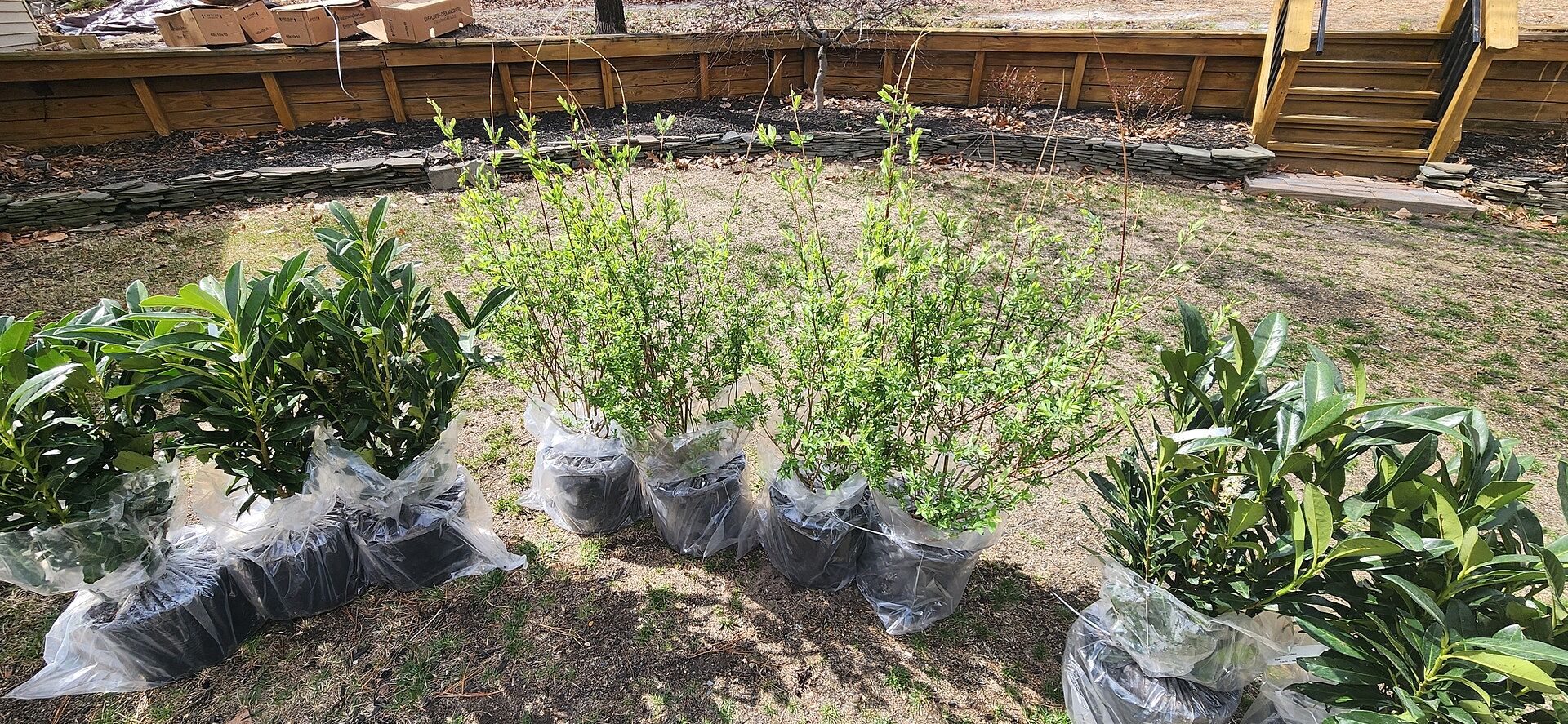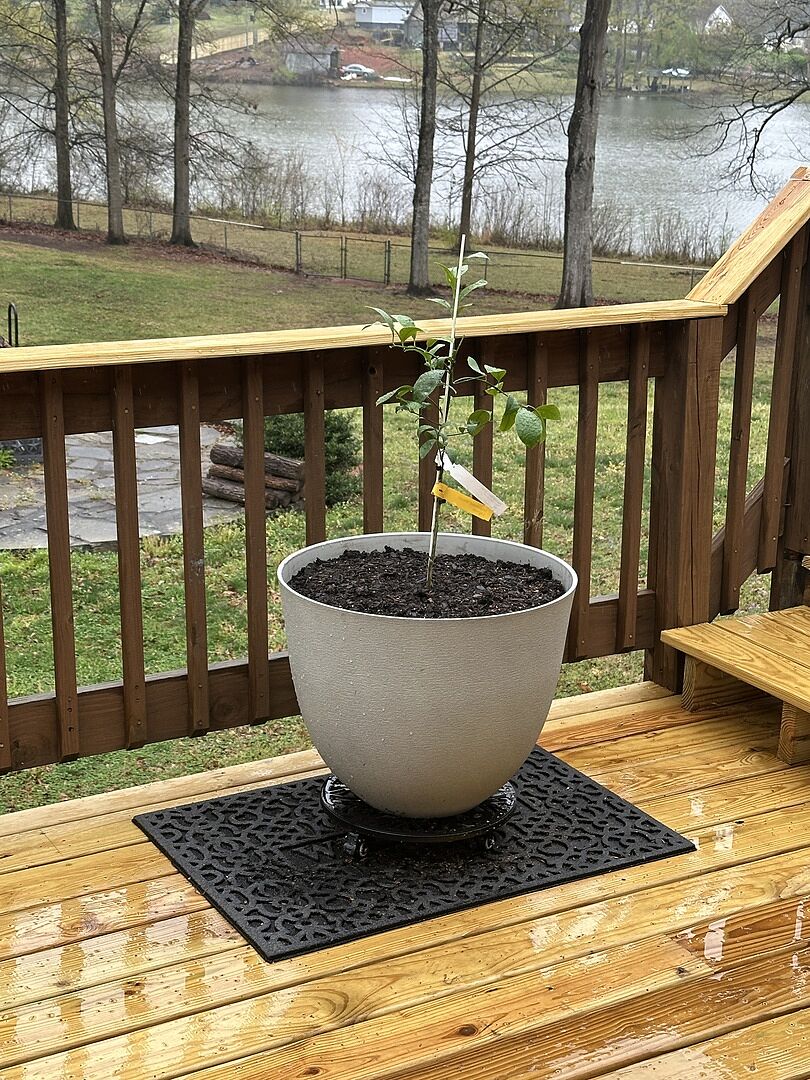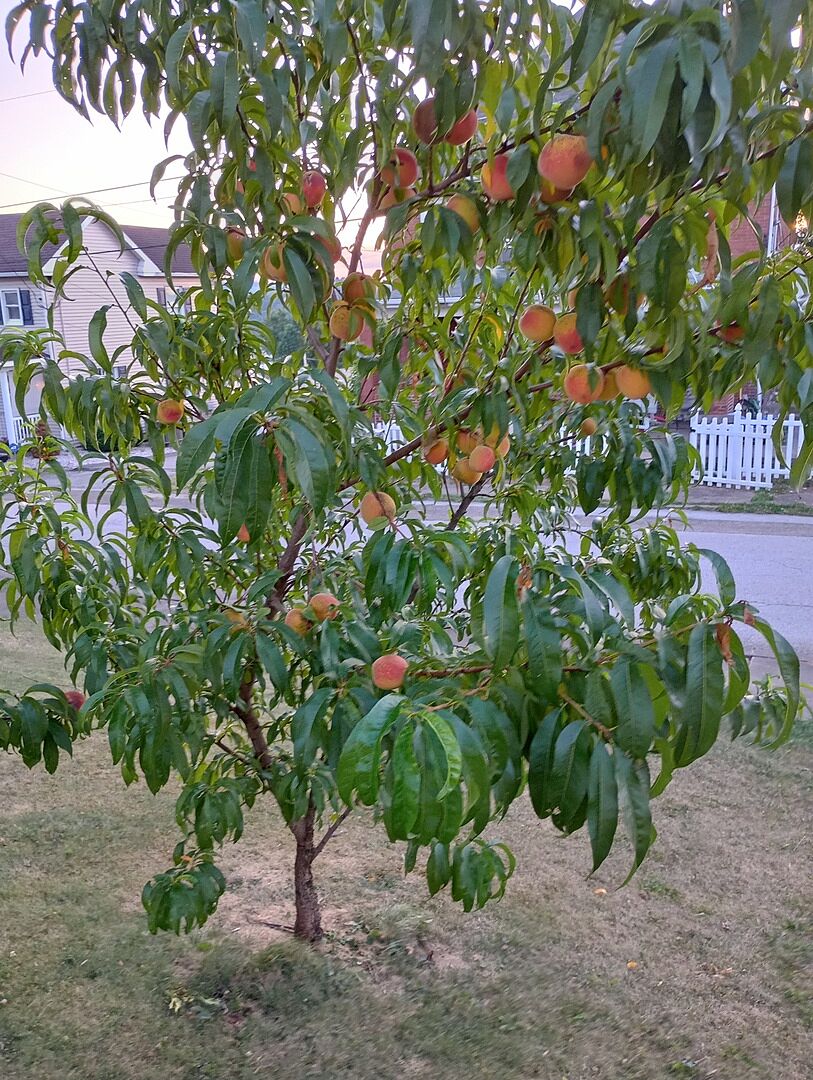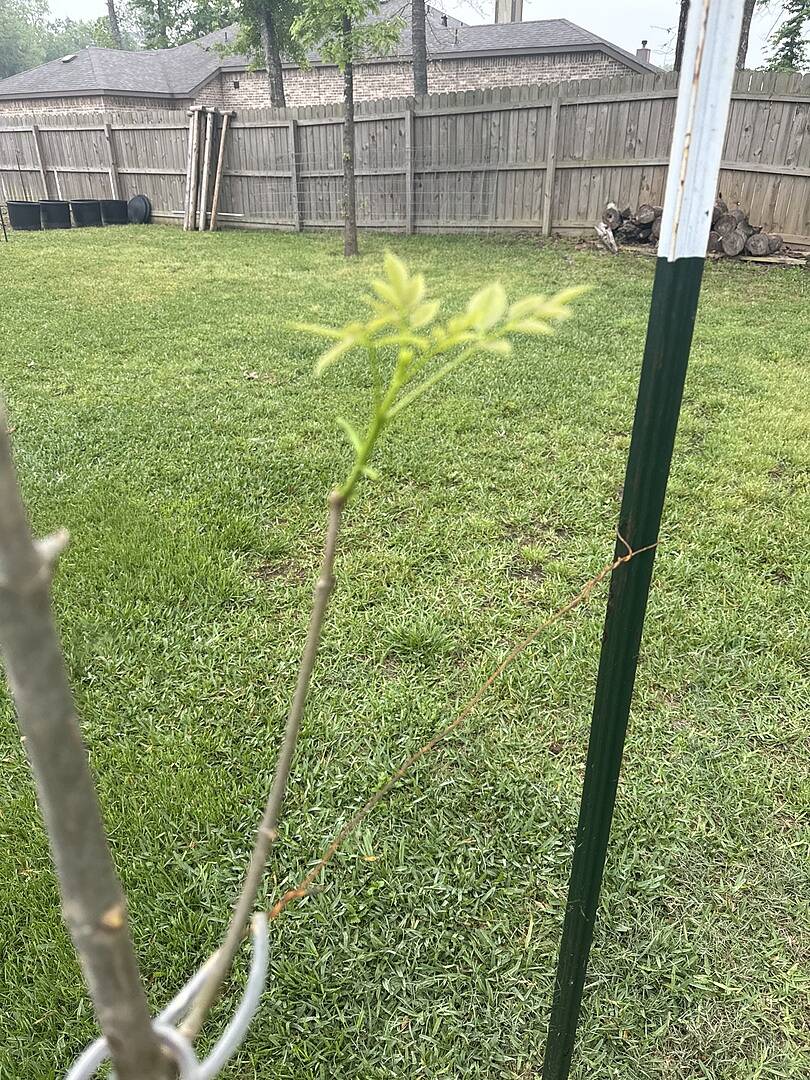Shinseiki Asian Pear Tree
Pyrus serotina 'Shinseiki'
-
- FREE 1-year Alive & Thrive™ Guarantee
- FREE Shipping
- In stock
Select size
Extra savings on EVERYTHING—this week only!
Add this item to cart and get 20% OFF on your order with code PLANT20
| Discount level | Cart total |
|---|---|
20% OFF | No minimum |
25% OFF | $400–$599 |
| 30% OFF | $600 or more |
| Sale ends 4/22 at 11:59 PM | |
Pay in 4 interest-free installments of $37.49 with 
Customers Also Viewed
Deliciously Sweet and Low in Acidity
One variety in a vast category of Asian pears, the Shinseiki are medium-sized, round, have yellow skin and are desirable because they are tasty when crisp (at harvest) as well as ripened to a softer, but still firm, texture after many months in cold storage.
Most Asian pears appeal to people who prefer apples like Granny Smiths over Red Delicious and a pear that is crisper, less juicy, and desirable for salads, tortes, roasted meat and other dishes that benefit from lower sugary juice content.
Covered with early-mid spring white blossoms that bear uniform fruit, this Asian pear prefers to have a strong central leader and tends to grow into a vertical oval if pruned properly. It will send high limbs vertically to create a rounded evergreen shape if left un-pruned.
Aesthetically, your garden area or orchard will benefit from the pleasing combination of this variety's long, bright green leaves and round, almost ornament-like, golden yellow fruits.
Where and What Stock Type of Shinseiki to Plant
The Shinseiki tree will thrive in growing zones 5 through 9. This pear has been imported to the U.S. primarily from Japan and is most often seen in the Sacramento Valley of California and scattered throughout the fruit orchards of Oregon and Washington states. The Shinseiki adapts well to readily available rootstocks like Bartlett, and typically dwarfs the larger, more robust stock tree sizes.
These very winter hardy pears may tolerate cold to 20 degrees below zero, but are best suited for areas that don't regularly dip below 10 degrees. If you plant a Shinseiki, or any Asian pear, in a colder climate (i.e. the central Pacific pf-northwest), it will be hardiest if it was cultivated on a cold-hardy stock like Old Home; in southern climes, this pear can be grown from almost any stock type.
While growing Asian Pears is a developing plant science, experimental programs conducted by University of California, Davis indicate they do best in one-variety patches in cold climates, and interspersed with other cross-pollinating Asian or European varieties in southern zones.
Cultural Practices and Commercial Viability
Most Asian pears are susceptible to a variety of diseases and pests, all of which can be mostly or entirely controlled by organic cultural practices. For example, fireblight can be managed through pruning the damaged and infected limbs and keeping pruning tools disinfected.
Overly deep soil can cause crown rot, so avoid thick loam. Coddling moth is one Asian pear pest that is likely to require insecticide treatment.
For maximum crop production during early-to-mid-season harvest (July through August in most areas), you'll want to make sure your Shinseiki(s) get ample water, but never have soggy roots in poorly draining soil. They also tend to over flower, so thin bud clusters to leave just a few flowers on each.
Full Planting & Care Instructions
Product Details
| Mature Height: | 10-12 ft. |
| Mature Width: | 12-15 ft. |
| Sunlight: | Full Sun, Partial Shade |
| Growth Rate: | Moderate Growing |
| Harvest Time: | Summer |
| Year to Bear: | Can Fruit the 1st Year! |
| Botanical Name: | Pyrus serotina 'Shinseiki' |
| Does Not Ship To: | AR, AZ, CA, ID, LA, WA |
| Grows Well In Zones: | 5-9 outdoors |

Growing Zones: 5-9 outdoors
(hardy down to -10℉)
Customer Reviews & Photos
Based on 37 reviews
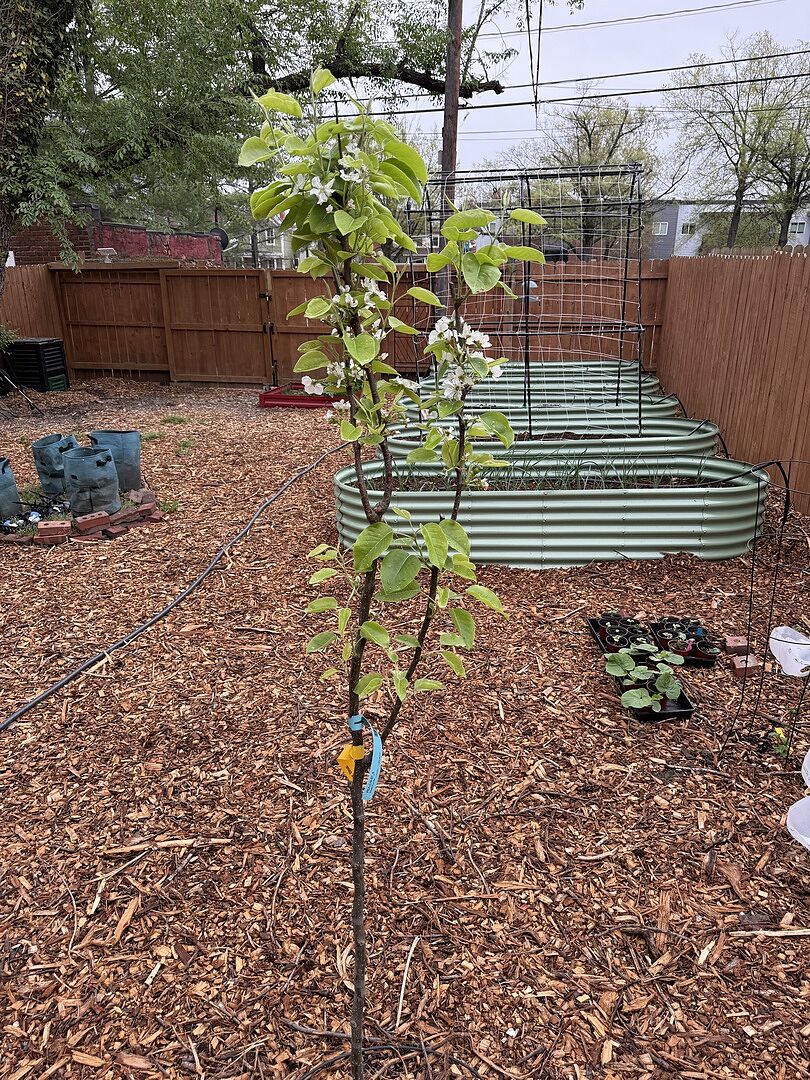
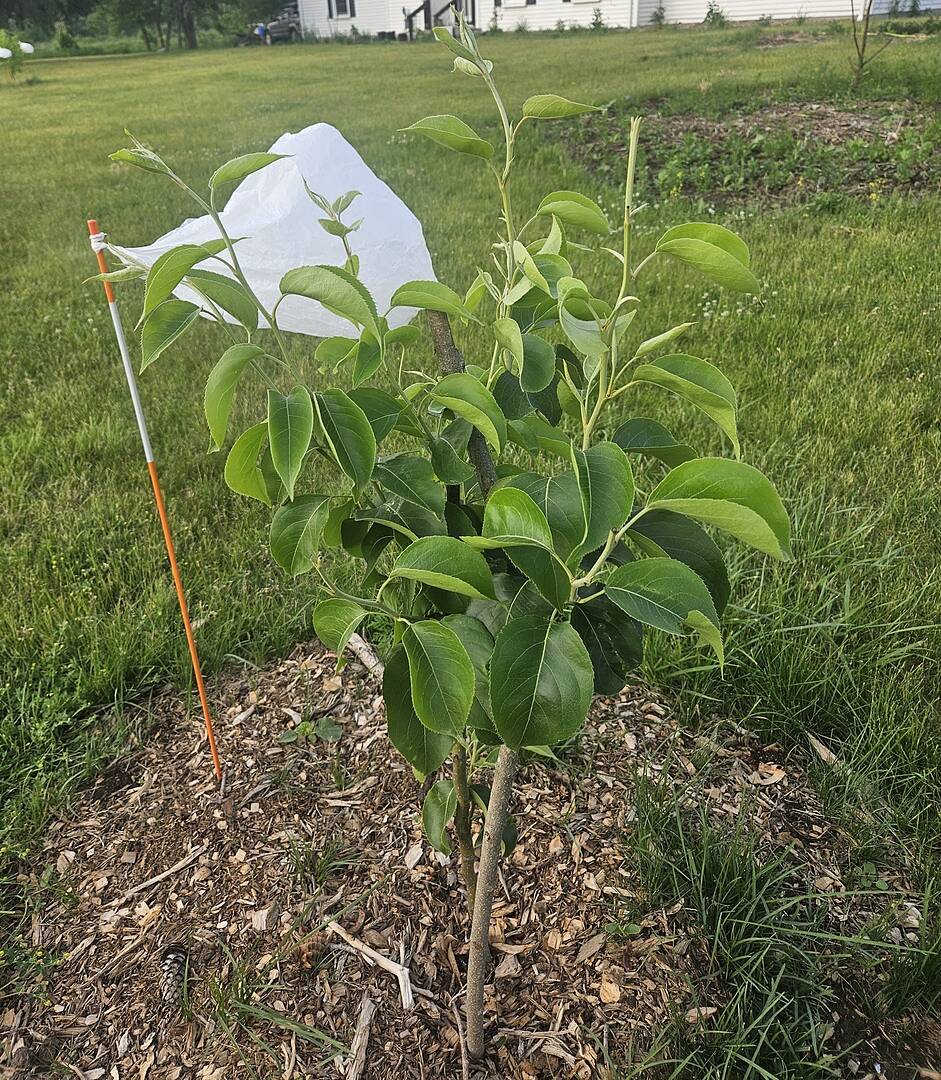
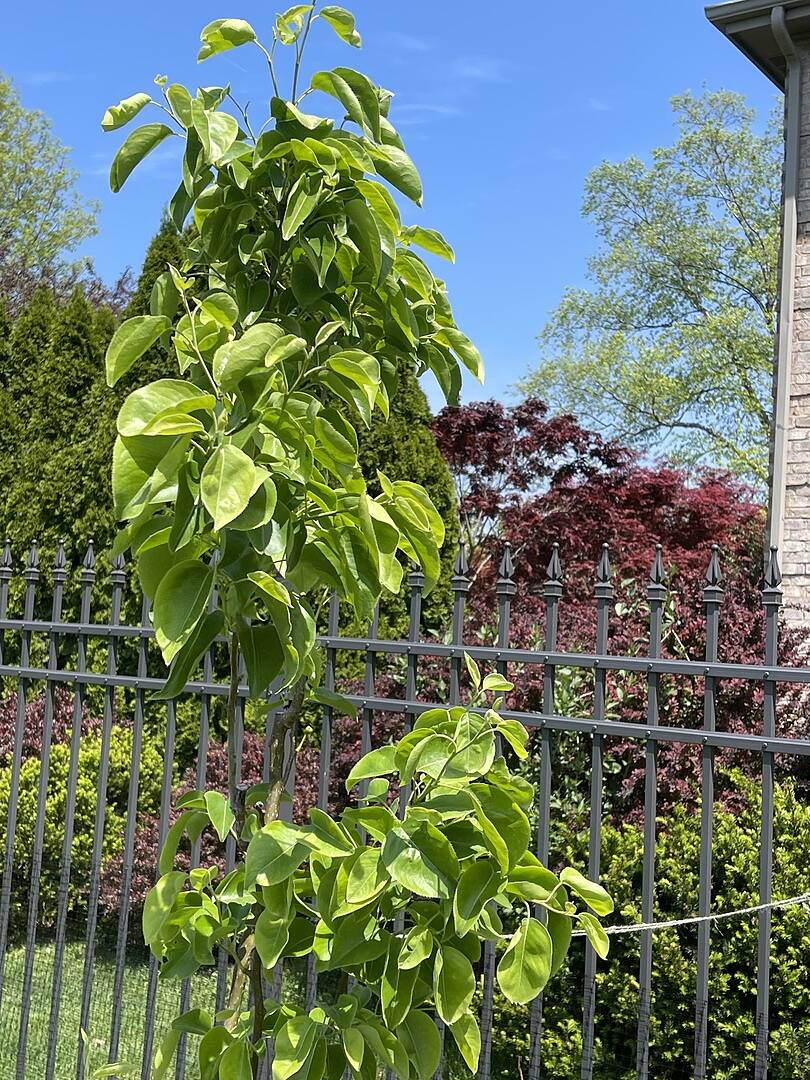
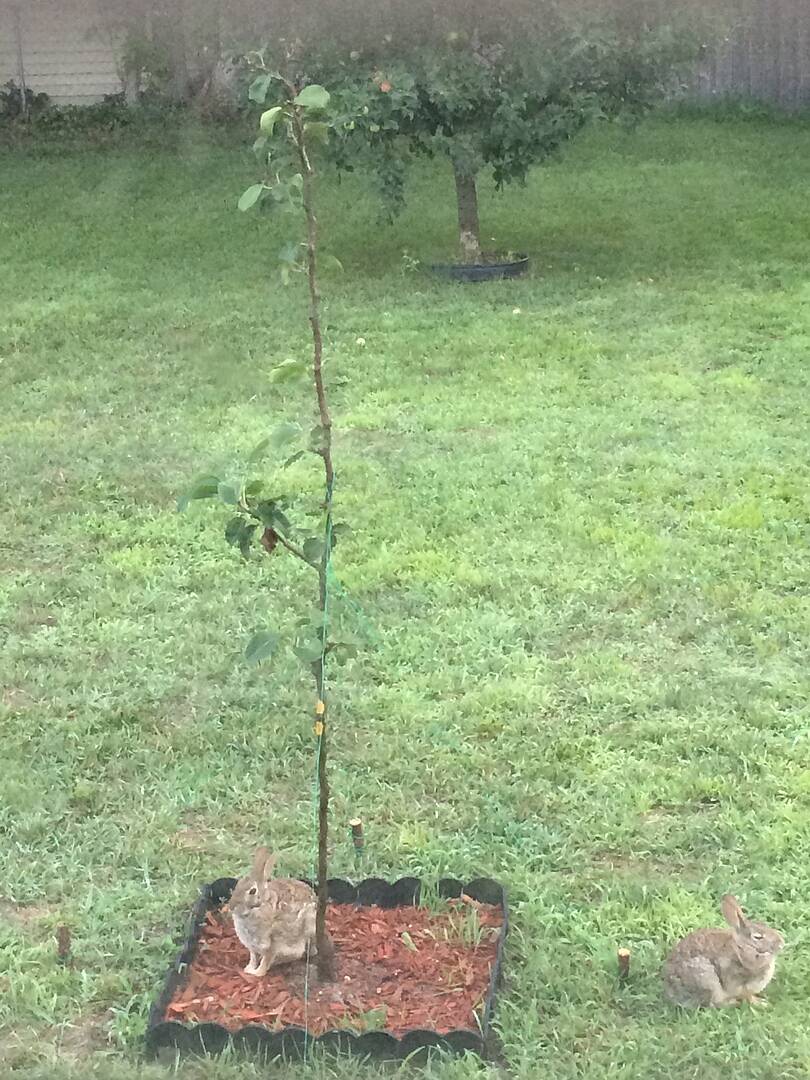

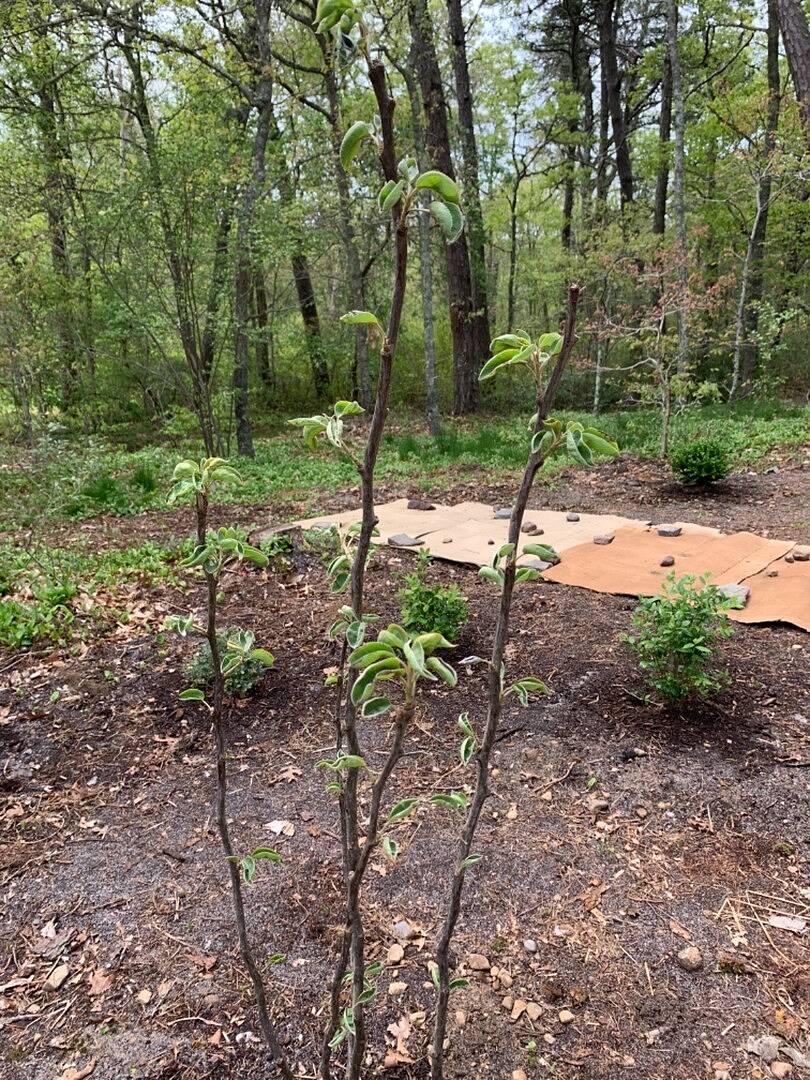
Excellent Trees!
I live in zone 7a and planted mine in October 2024. It’s already producing little baby pears! Everything I’ve ordered from this company is alive and well. Wish I had more space to order more trees.
Great trees
I was very pleased with the burlap wrapped root balls and that the trees were blooming right out of the box. I am looking forward to their fruit.
Excellent tree - sweet and tasty fruits!
Asian pears are my favorite! When we moved to our current property in Dec '21, I knew I wanted to start a fruit orchard. I ordered two types of asian pears from FGT in spring '22, a shinseiki and a hosui. They arrived in excellent condition and I planted them the next day. They didn't grow much that first year. The shinseiki had a few flower buds last spring ('23), but I picked all of them off because the tree was still so small. Spring '24, the trees have grown to 6'-7' and finally had flower buds on both trees. However, we had a late frost and the shinseiki was the only one that fruited. I got a couple dozen pears off of it - they were delish! I also transplanted an asian pear (not sure what variety) from my old house and got loads off of that one too. Can't wait to see how they all do in '25!
Also received in excellent condition!
Also received in excellent condition! I wonder if it will bear fruit as early as in 2015? Let hope so! 🙏
Great looking tree, arrived quick
Great looking tree, arrived quick and in good shape, so much so I ordered a second.




















